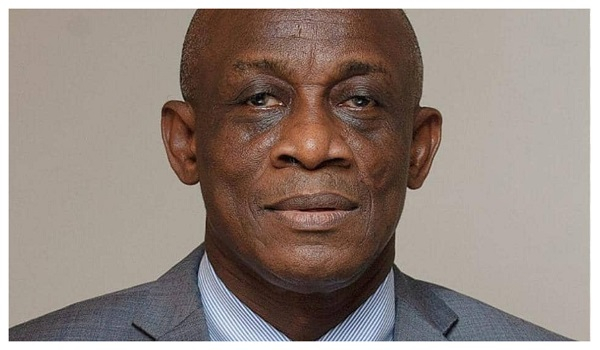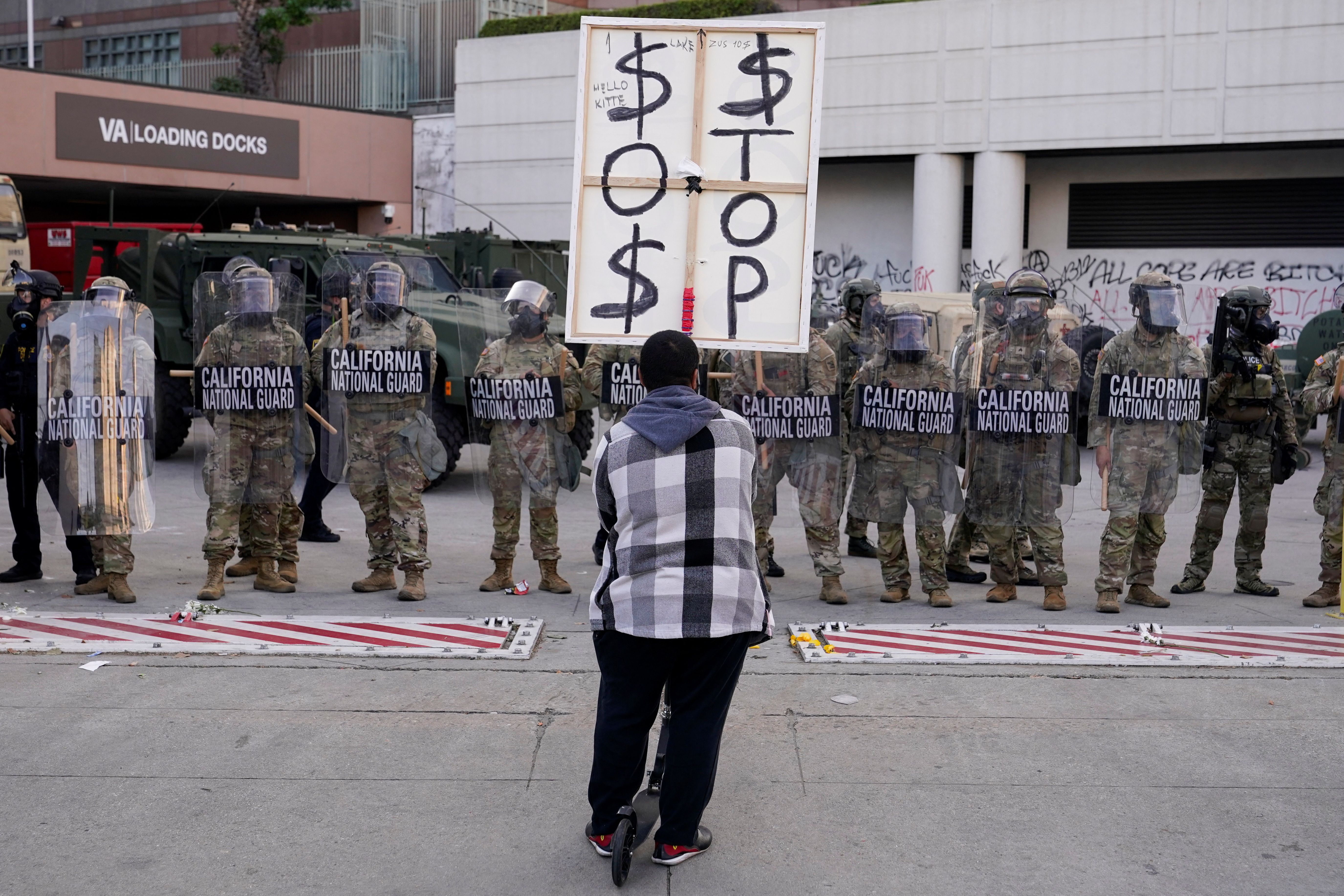'Illegal,' US Judge blocks Trump's National Guard deployment to Los Angeles - Tribune Online
A federal judge has halted the Trump administration’s attempt to deploy California’s National Guard to Los Angeles.
He ruled that the move was unlawful and must be reversed.
The decision temporarily restores authority over the Guard to California Governor, Gavin Newsom, though the order is on hold until Friday to allow for an appeal — which the administration has already filed.
The state sued President Donald Trump on Monday, arguing that he acted without the governor’s consent when he ordered troops into Los Angeles.
Trump said the deployment was necessary to prevent the city from “burning down” amid protests over his immigration crackdown.
However, local officials maintained they were in control and did not require federal intervention.
US District Judge, Charles Breyer stated that Trump had not followed the law laid out by Congress. “His actions were illegal,” Breyer wrote. “He must therefore return control of the California National Guard to the Governor of the State of California forthwith.”
In a post on social media, Governor Newsom reacted to the ruling, saying, “The court just confirmed what we all know — the military belongs on the battlefield, not on our city streets.”
The Trump administration insisted it acted to support Immigration and Customs Enforcement (ICE) agents and maintain order.
Despite opposition from Newsom, Trump deployed 4,000 National Guard troops and 700 Marines. Some of those troops have been granted authority to detain individuals until local police can intervene.
The legal clash centers on the president’s use of a rarely invoked statute that allows federalization of the National Guard in the event of a rebellion.

California countered that the protests, while disruptive, did not meet that threshold. “At no point… has there been a rebellion or an insurrection,” the lawsuit stated.
During the hearing, Judge Breyer, referencing the Constitution and holding up a pocket version, told a packed courtroom that the president’s power has limits.
When a Justice Department lawyer argued that Trump is commander-in-chief of the armed forces, Breyer interrupted, saying, “The president isn’t the commander-in-chief of the National Guard,” except under specific conditions defined by law.
The judge’s remarks underscored the constitutional boundaries of presidential power, contrasting it with the unchecked authority of a monarch. “That’s the difference between a constitutional government and King George,” he said.
This is the first time in over five decades that a president has deployed the National Guard to a state without the governor’s consent — a practice last seen during the civil rights era.
(BBC)










